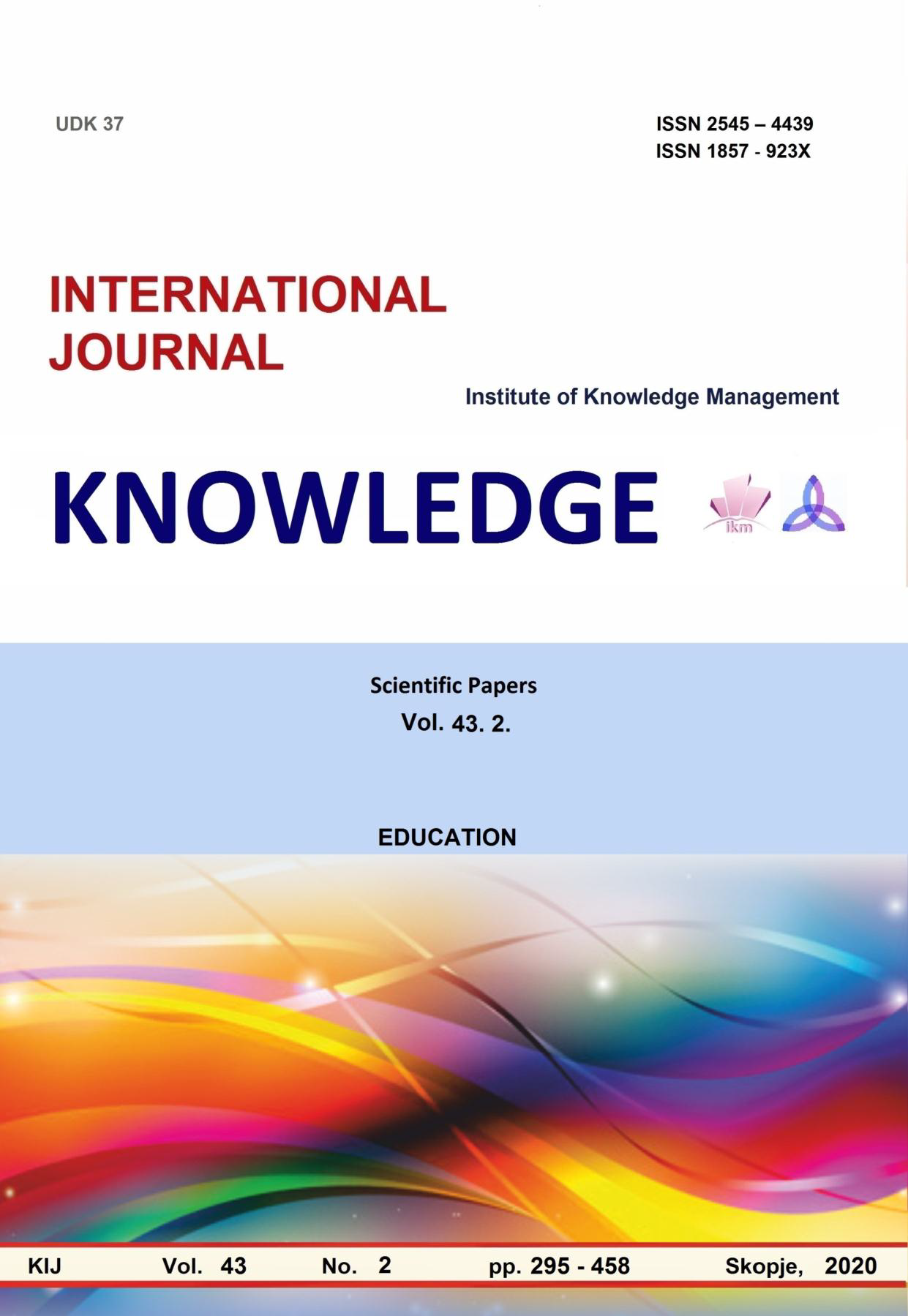EMOCIONALNO VASPITANJE U ŠKOLI: RAZVOJ, ZNAĈAJ I PROGRAMI
EMOTIONAL EDUCATION IN SCHOOL: DEVELOPMENT, IMPORTANCE AND PROGRAMS
Author(s): Jelena Petrović, Dragana DimitrijevićSubject(s): Education
Published by: Scientific Institute of Management and Knowledge
Keywords: emotional education; emotions; learning; school; emotional education programs
Summary/Abstract: Emotional education is a concept that started occupying the attention of scientific pedagogical public only in the second half of the 20th century, to become one of the most researched phenomena in education a few decades later, and an indispensable element that is considered to directly or indirectly affect the efficiency and quality of all aspects of educational process. For this reason, it is very important to clearly define the concept of emotional education, and to study its development and the theoretical basis on which it rests in order to better implement it in educational systems. In this paper, we have referred to the development path of this concept and to the most influental theorists and pedagogical movements that have contributed to its development. Further, we pointed out the importance of systematic and organized implementation of emotional education in schools. Finally, we presented the examples of good practice that proved successful. Emotional education as a special aspect of education has been insufficiently studied, existing research dealing with the topic of emotional education is usually based on the analysis of various programs of socio-emotional learning in school and understanding their effects (Cohen, 2006; Reeves & Le Mare, 2017; Schonert-Reichl, Smith, Zaidman-Zait, & Hertzman, 2012). Nevertheless, we decided to use the method of content analysis in our work, including both theoretical and empirical research of this phenomenon. In many educational systems, it strives to become a permeating element of the entire education and to be present in all academic fields, ie. that the whole education has an emotional dimension and develops emotional skills (Bisquerra-Alzina & Perez Escoda, 2014). In other systems, it is insisted on the development of special programs or the inclusion of the content of emotional education in school curricula. Whether approached systemically or interventionally, we can conclude that emotional education must be a planned, deliberate, systematic activity that requires commitment in order to be effectively implemented and to be able to develop, and not to remain on anecdotal notes. The most successful programs are: socio-emotional learning programs (SEL programs), programs based on the roots of empathy, emotional literacy programs, PATHS (Promoting Alternative Thinking Strategies) program for preschool children and Linda Lantieri‟s program for creative conflict resolution (Resolving Conflicts Creative Program). At the core of all programs is their focus on teaching children about emotions, recognizing their own and others' emotions, distinguishing between positive and negative emotions, and aligning their thinking and behavior with that information. Finally, it should be emphasized that very significant results are given by programs aimed at teachers, such as the RULER program, which has a special approach to socio-emotional learning because it involves improving the quality of interaction in the classroom through professional development of teachers.
Journal: Knowledge - International Journal
- Issue Year: 43/2020
- Issue No: 2
- Page Range: 309 - 315
- Page Count: 7
- Language: English, Serbian

